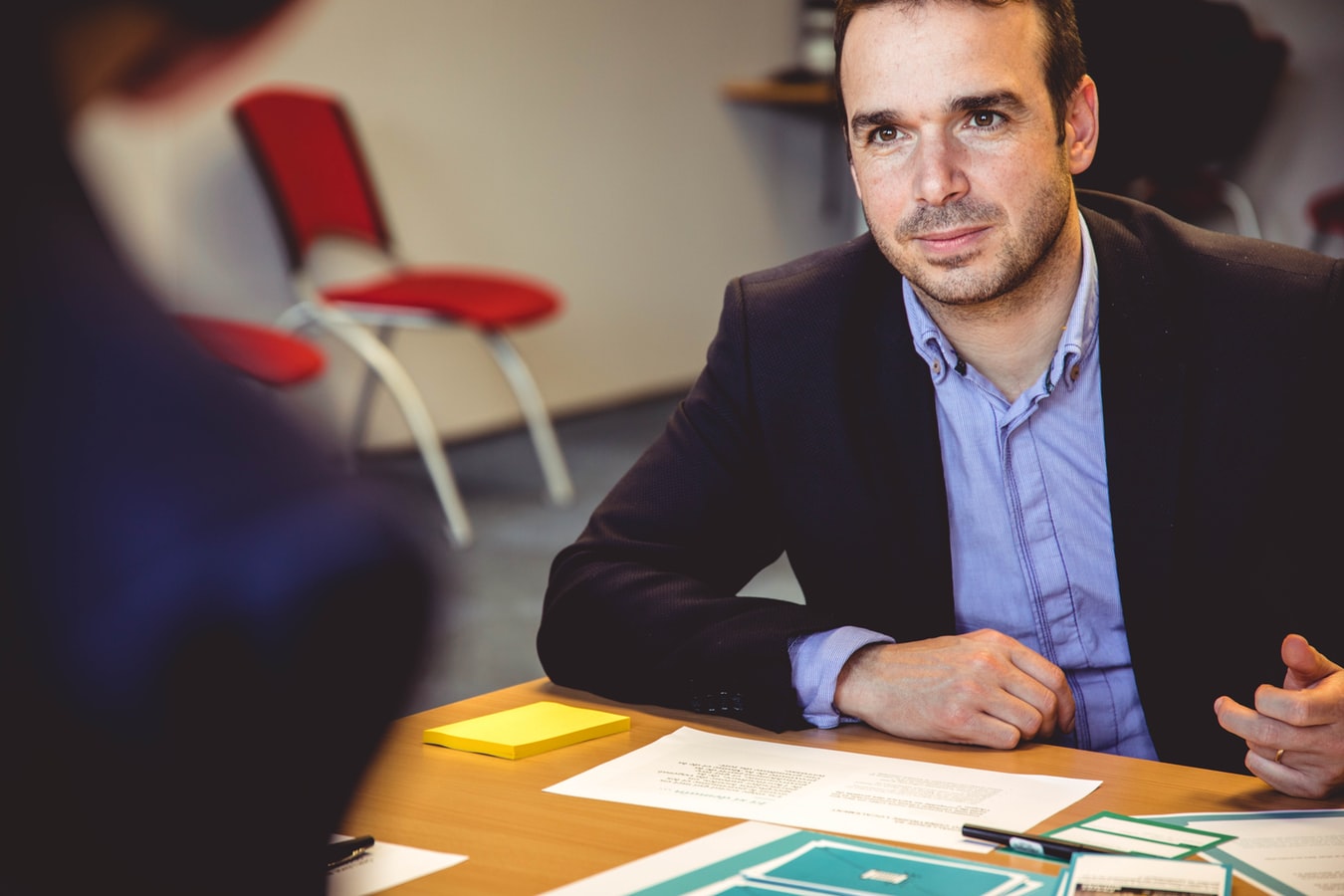How To Avoid These Common Interview Mistakes

You’ve landed an interview for an exciting new role, congratulations!
Now comes the real work — preparing for the big day. While it’s common to consider all of the things you should do, like ask thoughtful questions, dress appropriately, and check your internet connection if it’s a video interview, you may forget about the things they shouldn’t do that could jeopardize your chance of getting the job.
We’re uncovering common interview mistakes that you should avoid so you’re not sent back to the applicant pool.
Badmouthing Past Colleagues
When interviewing for a job, you want to assure the employer that you’re easy to get along with, thrive in a team setting, and can handle work conflicts in a mature and effective manner. By badmouthing past co-workers or managers, you’re sending your interviewer some huge red flags. You want to avoid causing doubts that you may be a negative contributor to the company or team, so err on the side of respect, and choose your words carefully.
Sure, your former boss or project manager may have been terrible, but by cleverly spinning negatives into positives that showcase your accomplishments and optimism, your future team will see your willingness to look on the bright side.
Connie Thanasoulis-Cerrachio, career coach and co-founder of SixFigureStart gives this great example: “If your manager was a micromanager, say the truth but in a good way. For example: ‘We had a very tight working relationship. He/she liked to be kept up to date on even the minutest details and that was fine with me. After the first few months, he/she knew I was doing a great job so the confidence was high, but we continued to check in because no time was wasted when I knew I was going in the right direction.’ "
Sometimes the world is smaller than you expect; the last thing you want is to talk poorly about someone that your interviewer may know personally. Keep it honest but kind when discussing past experiences.
Failing To Research The Company
One of the biggest complaints from hiring managers is that a candidate didn’t know much about the company or role prior to the interview. If you aren’t interested enough to do some homework in advance, the interviewer will rightfully assume that you won’t care once you’re in the position. Remember that most interviewers have a large applicant pipeline so the competition is always there and waiting to seize an opportunity.
To avoid this mistake, become familiar with information on their website, the mission and core values, recent events, and structure of the company as a whole. Your consultant advisor can provide valuable information about the role and the company, so be sure to utilize yours as a resource.
Pro tip: Research not only the role but your interviewers and the leaders of the company. Do you have anything in common with them, such as studying at the same university, mutual connections, or the same unique hobbies? These small details will go a long way, and help foster a connection and build early rapport.
Negative Body Language
Non-verbal communication is just as important as verbal communication, especially in an interview setting. Avoid body language habits such as slouching, minimal eye contact, and crossing your arms, as this gives off a closed-off, insecure, and uninterested vibe to your interviewers.
For some, nervousness often manifests as restlessness. Try your best to avoid distracting hair twirling, nail-biting, or tapping your feet. It’s normal to be nervous, but you want to appear calm and confident. To ease your jitters, practice some interview questions with a friend or colleague, being sure to avoid over-using filler words such as ‘um’ and ‘like’, and speaking in a confident, yet friendly tone.
Applicants that display warm, professional, and enthusiastic energy during an interview is often what sways employers towards hiring them over someone else. Remember to sit up straight, smile genuinely, and give friendly eye contact. Even if your interview is via phone or video, these tips can still come across positively to your interviewer.
Pro tip: Try to imagine how you would talk naturally with a friend. Constant, unwavering eye contact can seem aggressive and strange, but zero eye contact will make you seem distant. Aim for somewhere in the middle.
Getting Too Personal
Say goodbye to “TMI”. Nothing will hurt you more during an interview than revealing too much personal information about yourself. Think of an interview as a first date in the professional world. Would you tell a blind date about your messy divorce, childcare woes, or nightmare of a roommate? Maybe, but a second date surely won’t follow.
An applicant that reveals dramatic, personal details about themselves will appear unpredictable and lacking good judgment and professional appropriateness.
Keep the focus of the conversation and your answers to the job and its responsibilities. If you have specific concerns about how your personal life will interfere with your work, then ask to reach out to the company’s human resources department before accepting additional rounds of interviews.
Interview Like A Pro
Now that we’ve uncovered these cringeworthy interview mistakes, you can be sure to avoid them on the big day. Armed with these tips, you can start your interview prep by practicing some question response techniques.
Just getting back into the interview game after some time off? Discover best practices on how to address resume gaps during your next interview.